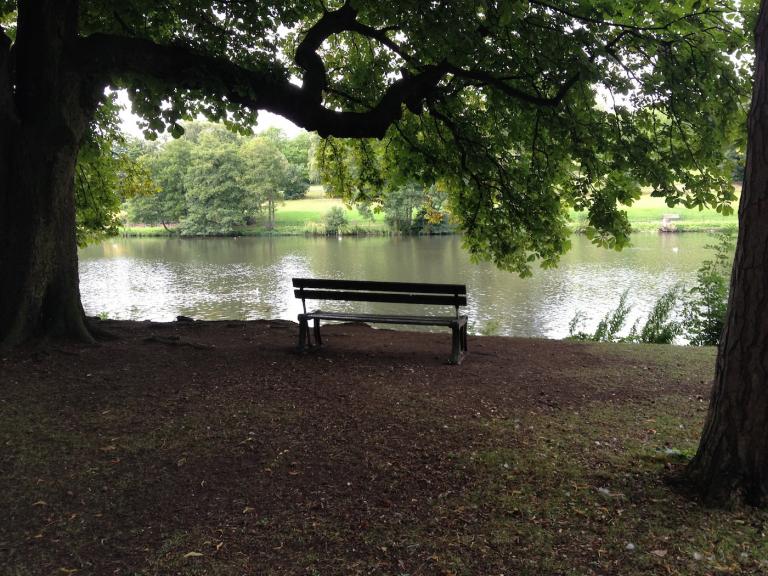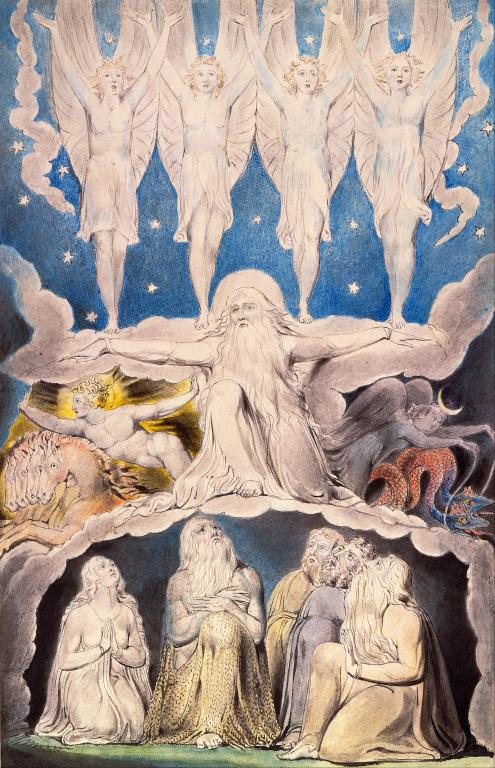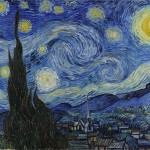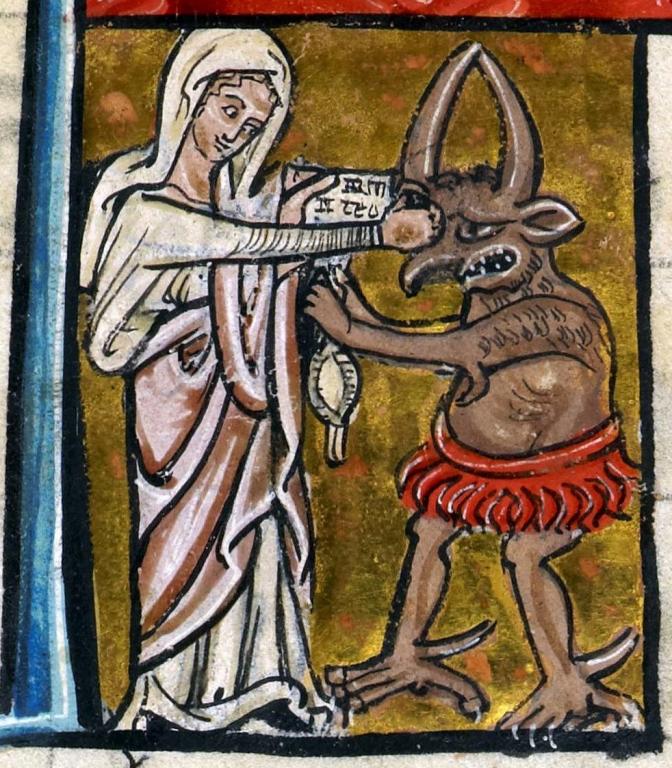Dear Friends and Family,

I’m on what is something like my umpteenth reading of the Harry Potter series. This series, along with Tolkien’s Legendarium, and Lewis’s Narnian Chronicles and Space Trilogy, are books I return to every year. Sometimes I read them all multiple times a year. While I could easily make this a defence of the Fantasy genre, I rather wish to defend the Harry Potter series explicitly. It’s been my experience that this series more than any other has earned the ire of many well-meaning Christians (One could argue that Philip Pullman’s His Dark Materials Series, or any of Dan Brown’s books receive more ire and condemnation, but neither author would probably care much for Christian approbation. Pullman’s writing is actively anti-Christian and thus is different, as we shall see, from Rowling’s books).
I once knew someone who, when I told them I was rereading the Harry Potter series, said that they did not as a matter of conscience. Also, when I was an undergraduate I took the Non-Western Religions Class. The teacher was a native Kenyan and very intelligent on all matters sociological. She had a guest speaker come in for an extra-credit lecture. I was unable to attend, but was informed afterward that speaker claimed that Harry Potter was too reminiscent of the witchcraft practiced in their native country, but that Lewis and Tolkien were ok, because magic was different in their writings.
Herein lies the major Christian rejection of Harry Potter: magic. When we normally think of magic, we normally relate it to people who call upon either the spirits of the dead or the spirits of nature to work through the individual as a vessel in order to reach a desired end. Sometimes it’s simply an incantation, other times it’s a witches brew with words spoke over it. The key here, however, is the channeling of spirits. This is not what magic is in Harry Potter.
Magic in Harry Potter has a simultaneously genetic and Calvinistic feel to it. Those who have read the books know that one must be born a witch or a wizard. If you or I existed in the world of Harry Potter, we would be Muggles, that is, incapable of performing magic. A wand would do nothing in our hands for it is a channel for the innate power within the witch or wizard. So, magic is primarily genetic in Harry Potter, those born of wizarding families are usually born with the ability to do magic. However, there is a kind of Calvinistic election about it as well. One can be born of a non-magical family and yet have the ability to do magic, and, sometimes, there are those born of magical families who cannot do magic. Thus even magical ancestry, not unlike coming from a Christian family, is not a 100% guarantee that you would be able to do magic.
Even once we start looking at how magic is done in Harry Potter, we find that the incantations are merely simple Latin phrases or sentences that merely describe what the witch or wizard is attempting to do. Never do witches or wizards in Harry Potter call upon something purely external to them to work through them in order to accomplish magic.
When I read Harry Potter, I often think of those with the ability to do magic as elves or faeries, in both the Tolkien and Medieval traditions. They are like humans, they are even genetically related to humans, but they are different. They have a different relationship with the world than ordinary humans do, they live incredibly long lives, and the best of them serve as great inspiration for us all. If Rowling’s faeries fall flat at all it is that they are too human.
You might be wondering why this matters. Why have I written what is quite possibly my longest post about a series of children’s books? Well, I’ll hopefully do another post later to show the various Christian themes in Harry Potter. For now, however, I simply want to inform those well-meaning Christians who have, up to now, despised Harry Potter for a presumed Satanism through witchcraft, to look again at these stories for they are not evil. In fact, they bring to prominence the greatest of the theological virtues: love.
We as Christians have been failing somewhat in the imagination department. We should not descend to despising what is essentially Christian literature merely because it uses language that in other contexts may indeed be demonic. We must remember that pure evil does not exist, for all evil is a perversion of the Good. We must remember that there is nothing that cannot be redeemed, for our God is greater.
Yours,
David











